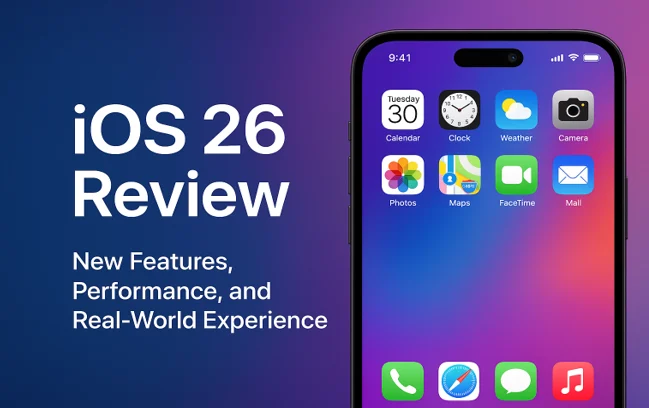Flipboard Adds Support for Bluesky Beta Feature and Pixelfed Integration, Expanding Its Open-Source Approach
Self-styled social magazine Flipboard has announced the integration of Bluesky, a decentralized social network protocol, and Pixelfed, an open-source alternative to Instagram. This move reflects Flipboard’s commitment to embracing federated social networks and its belief in the potential of decentralized platforms. The integration of Bluesky arrives as a beta feature, only a few weeks after the release of Bluesky’s code, providing developers with access to develop using the AT protocol on which it is built. Additionally, Flipboard plans to include posts from Pixelfed, which uses the ActivityPub protocol that powers Mastodon, in its app in the near future.
Integrating Bluesky: A Simple Process for Flipboard Users
Flipboard users can easily add Bluesky to their app by following a few simple steps. By tapping the four-squares icon located at the bottom of the app and navigating to the accounts tab, users gain access to a list of available accounts. From there, they can establish a connection to their preferred social network, which now includes options such as Mastodon, Bluesky, and YouTube.
To sign in, users need to enter their Bluesky username and password. It’s worth noting that the app actively encourages users not to utilize their personal password for the service. Instead, Flipboard recommends using Bluesky’s more secure app password function to create a unique login specifically for Flipboard. This emphasis on security demonstrates Flipboard’s commitment to safeguarding user data.
Tailored Options and Enhanced Engagement
Once the integration is set up, Flipboard users have several options to customize their experience. They can choose to “Follow” posts from individual users within their existing network on the invite-only social platform. Alternatively, users can receive their own posts as they are published, ensuring their content reaches a wider audience. Another option is to explore the “What’s Hot” tab on Bluesky, which presents popular content. This feature serves as an effective way to populate Flipboard feeds and stay up to date with trending topics.
In addition to viewing content, Flipboard users can actively engage with Bluesky posts. They have the ability to reply to, like, and repost Bluesky content directly within the Flipboard app, mirroring the existing functionality of Mastodon integration. This seamless interaction enables users to participate in decentralized social networks without the need to navigate between different platforms.
Flipboard’s Embrace of Open-Source and Federated Social Networks
Flipboard’s decision to integrate Bluesky and Pixelfed is part of its broader strategy to embrace open-source and federated social networks. Just last month, Flipboard added support for Mastodon, further demonstrating its commitment to decentralized protocols. CEO Mike McCue has consistently emphasized the significance of ActivityPub, the protocol powering Mastodon and Pixelfed, and believes it represents the most significant opportunity since the advent of the web.
Looking ahead, Flipboard plans to deepen its integration with decentralized social network protocols, aiming to fully integrate its platform at the protocol level in the future. By incorporating Bluesky and Pixelfed, Flipboard expands its open-source approach and delivers a more diverse and inclusive social media experience to its users. The integration of decentralized networks reflects Flipboard’s recognition of the potential of these platforms and its commitment to evolving with the changing landscape of social media.







